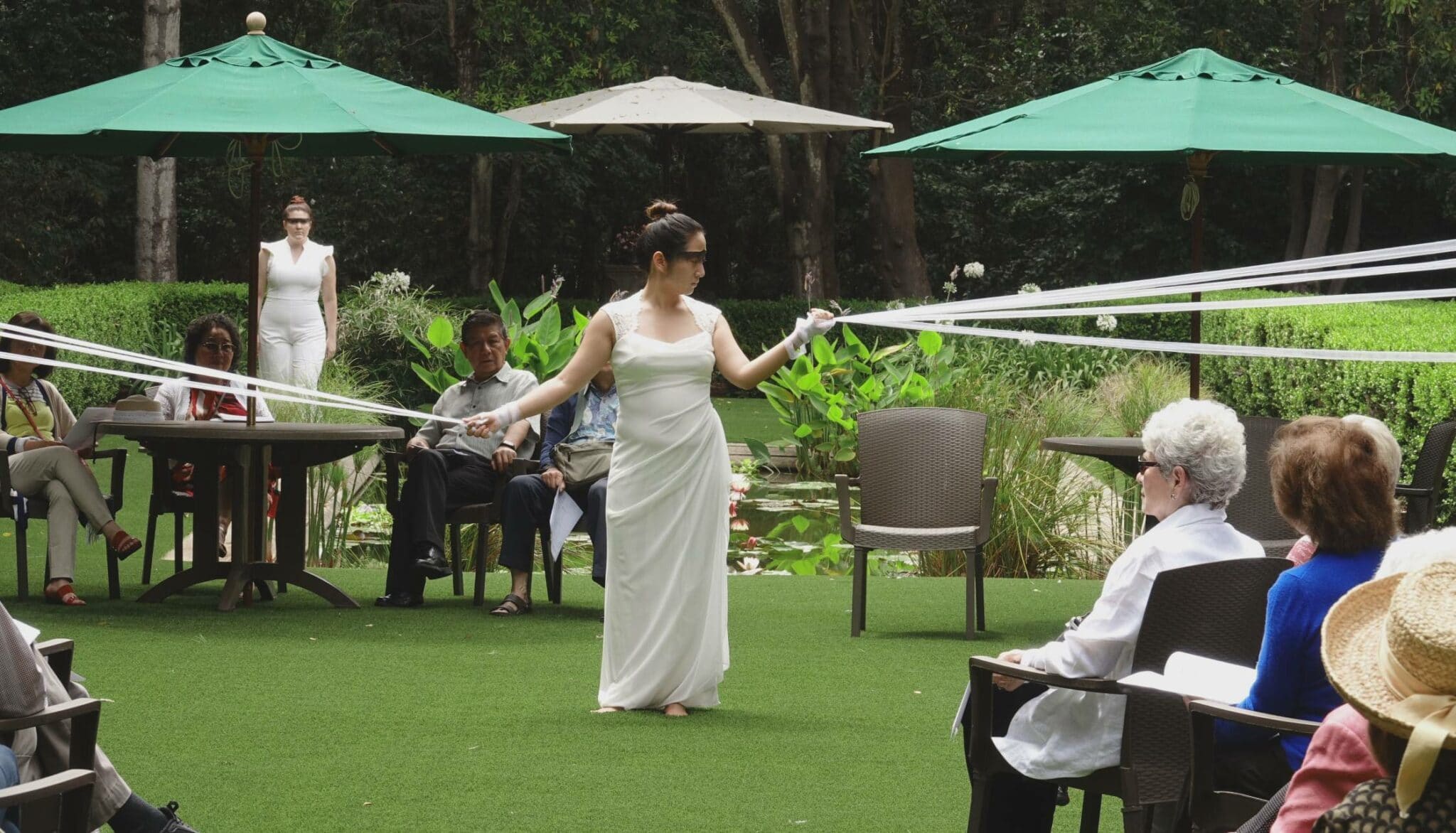Fans of classical music usually know what to expect when they walk through the doors of a concert hall. Whether they prefer chamber music, orchestral works, or opera, most of the music programmed for a typical event will be from the (sometimes quite distant) past. Names like Beethoven, Bach, Puccini, Liszt, and Debussy are well-known to even the most casual of concertgoers, while connoisseurs often greet these storied names – and their no less storied works – as old friends.
The relationship of classical music in the moment—the living, breathing people who make the music happen and the audiences who consume it – with its past – the now-dead composers whose works, by and large, comprise the bulk of concert programming – is a long and complex story that couldn’t be adequately covered in a single blog post. For the moment it will have to suffice to say that this relationship of past to present has been at the heart of classical music as both an artform and an industry for a long time.
Knowing composers and works from the past is important, just as it’s important to continue reading great works of literature from across history. But it is also vitally important that audiences hear new music by living composers alongside their tried-and-true favorites written by dead ones. It is important to hear from today’s voices, to appreciate and learn from artists living our shared historical-cultural context. It is also crucial that future generations of musicians and listeners be exposed to art from creators with diverse backgrounds and experiences. That’s why programming works by living composers is a major artistic priority at Music Academy of the West.
Music Academy began its Commissions and Premieres program in 2015. This initiative introduces Academy fellows and audiences to living composers by, well, commissioning and premiering new works of music. The early years of this program have seen the Academy premiere thirty-seven (!) works – twenty-one world premieres, five U.S. premieres, and ten West Coast premieres – by twenty-nine composers. Sixteen of these works were commissioned by Music Academy. The annual Summer Festival has also played host to an increasing number of composers, both up-and-coming and well-established, through residencies. Recent composers-in-residence include Elizabeth Ogonek, Guillaume Connesson, Ricky Ian Gordon, and three winners of the Pulitzer Prize for Music: Caroline Shaw, Ellen Reid, and Jennifer Higdon. (Click on their names to discover some of their music on Spotify!)
One need not look only at recent history to find living composers playing a prominent role at the Academy. Quite the contrary! Music Academy has a long history of involvement with new music and living composers. In its early years, the Academy featured lessons in composition as part of its summer curriculum. The very first summer session in 1947 featured six lectures by composer Ernest Bloch; no less an authority than Arnold Schoenberg – a towering figure in 20th century music – taught at the Academy during the summer of 1948. French composer Darius Milhaud served as the Academy’s Honorary Director from 1948 through 1951, and a performance by Academy faculty and students of Milhaud’s String Quartet No. 16 was Santa Barbara’s first premiere of a work by a major composer. Milhaud returned to Music Academy in the spring of 1953 to lead a composition symposium that attracted a list of noted composers that included Virgil Thomson, George Antheil, Ernst Krenek, Roger Sessions, and Lukas Foss.
Sometimes an interest in contemporaneity can itself be considered a tradition, and this tradition is as much a part of Music Academy’s legacy as are the traditional works we all know and love. Music Academy’s fellows, alumni, patrons, donors, and administration should feel proud of the work being done to prioritize contemporary composers and the long history of featuring the new alongside the old.
– Henry Michaels
Resonance editor, Audience Services and Community Access Manager, Music Academy of the West


